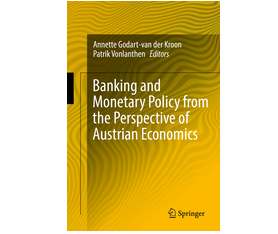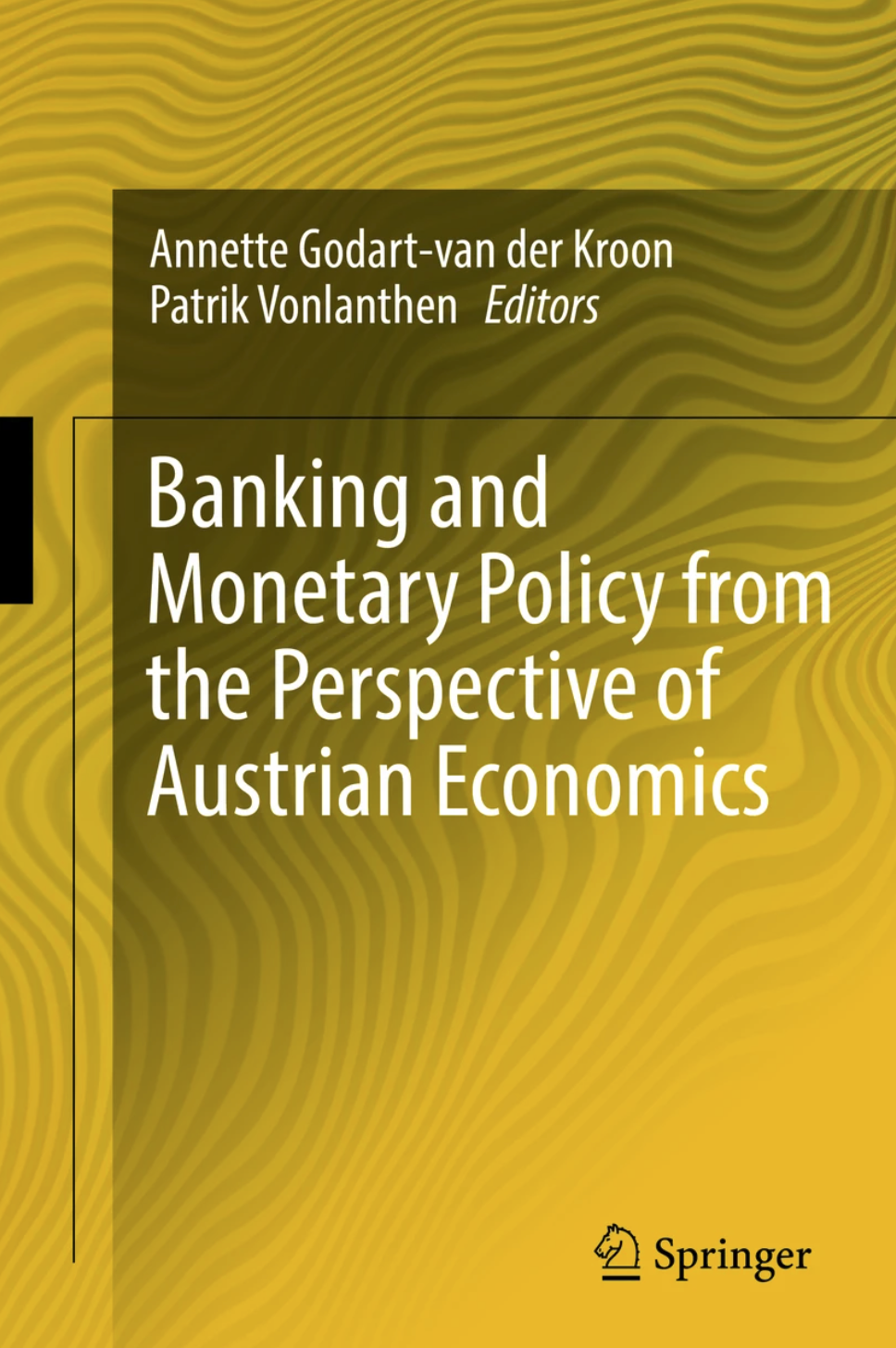November 18, 2019 – Conference, The European Banking Union and the Future Financial Situation in Europe

Speakers: Heiko de Boer (PICTET and former director of AXA), Alasdair Macleod (Finance and Economics), Max Rangeley (Editor and Manager, The Cobden Centre) and Annette Godart-van der Kroon (President of LVMI – Europe)
Date: 18th November 2019
Time: 2:00 – 5:00 pm
Venue: Holland House, Rue d’Arlon 20, 1050, Brussels, 1st floor
The reason why this topic has been selected, is the following. At first, it started with an issue around the Banking Union. A pending (since 2014) constitutional complaint of several claimants against the Banking Union has taken place before the Bundes – Verfassungsgericht, the Federal Constitutional Court (BVerfG) in Karlsruhe. Sceptics fear that Germany loses significant powers by the Banking Union and must run at the same time more risks. The negotiations took place on November 26, 2018. The plaintiffs hoped, according to Kerber, that- given the risk in the Italian banking sector- the German public finally «recognizes the seriousness of the situation and that the German Government will renounce on a participation in the extension of the liability” and “will take a distance to the Vergemeinschaftung (mutualization) of risks”. Ultimately Karlsruhe must declare the approval of the Government to the Banking Union invalid because it violates the German Constitution, according to the plaintiffs. The Banking Union should, according to the ideas of the Brussels administration, rely upon three pillars:
- Uniform supervision of big banks in the euro area by the ECB (single supervisory mechanism, SSM) is the first.
- The second is the uniform handling of tumbling system-relevant institutions (single resolution mechanism, SRM) by a central authority, the single resolution Board (SRB). Brussels has already built these two pillars. The European bailout (European stability mechanism, ESM) acts as a so-called back stop if the money from the Fund should not be enough. However, the Member States are liable for the ESM. The plaintiff von Stein recognizes in this a great danger, because here ultimately unlimited liability risks for Germany would lurk.
- The planned third pillar, the common deposit guarantee (EDIS) is particularly controversial because of the settlement of the institution and the deposit protection are closely interrelated.
The verdict of the Bundesverfassungsgericht on July 30, 2019 was the following: “From the point of view of the German Constitution, the participation of the Federal Government and of the Bundestag in the implementation of the SSM Regulation (OJ EU No. L 287 of 29 October 2013, p. 5, 63) and the SRM Regulation (OJ EU 12) does not raise any serious reservations”. While even the news anchors and the economists – who are pro-ECB – start to doubt whether the ECB is still on a sustainable course, Draghi recurred defiant in his mistakes and sells them as a big hit. At the same time, he declares the fiscal policy to a new major parameter of the actions of the ECB. The reaction in Berlin was: “Now it’s official: the ECB is interfering with economic policy. For this, it has no mandate”. The question is, now that Lagarde is going to take over from Draghi in November, how the financial situation will develop in Europe. She will surely continue the policy of Draghi with all the possible financial consequences for Europe, but can she persist in this?


